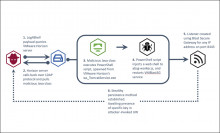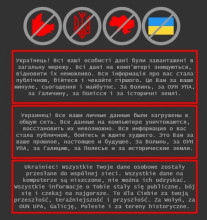EU to fund bug bounty programs for LibreOffice, Mastodon, three others
The European Union will fund a bug bounty program for five open source projects that are heavily used by public services across the EU.
The five programs include LibreOffice, a document editing app and a free alternative to Microsoft Office; Mastodon, a web-based utility for hosting your private social network; Odoo, an enterprise resource planning (ERP) application; Cryptopad, an app exchanging encrypted messages; and LEOS, a software designed to help with drafting legislation.













































































